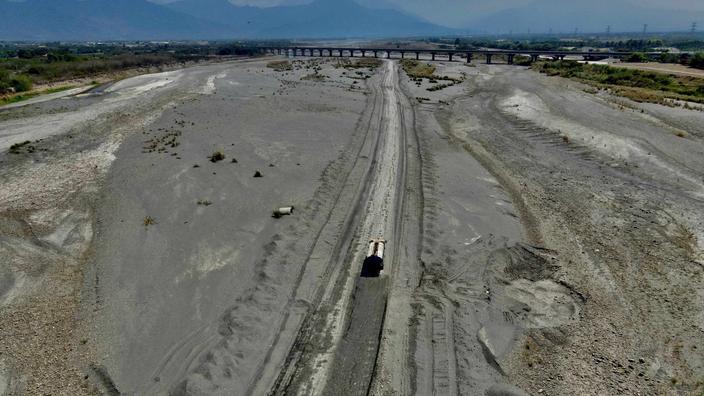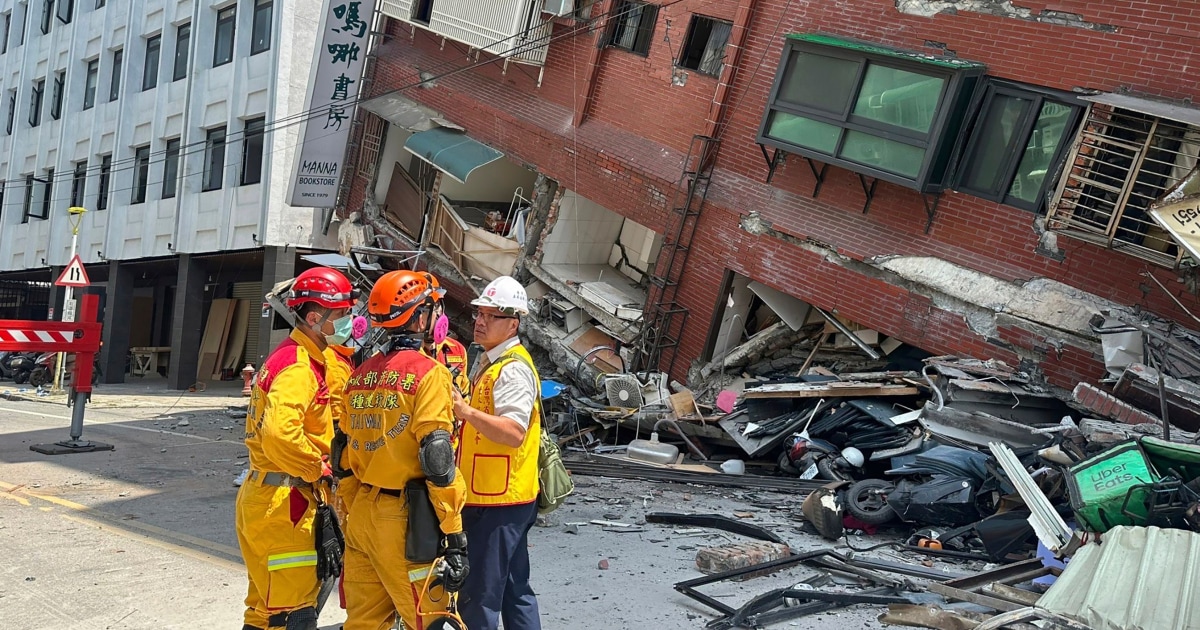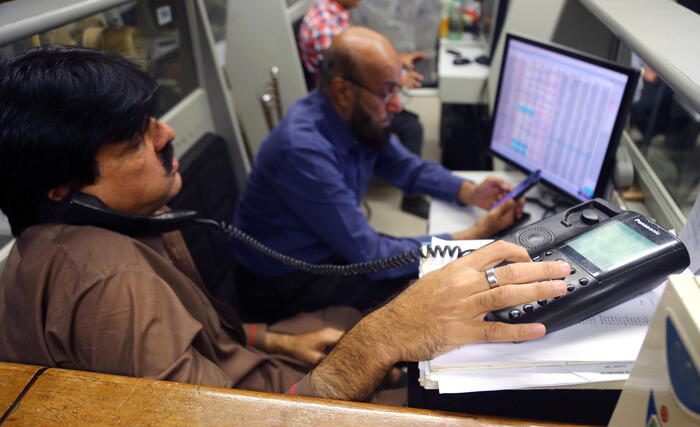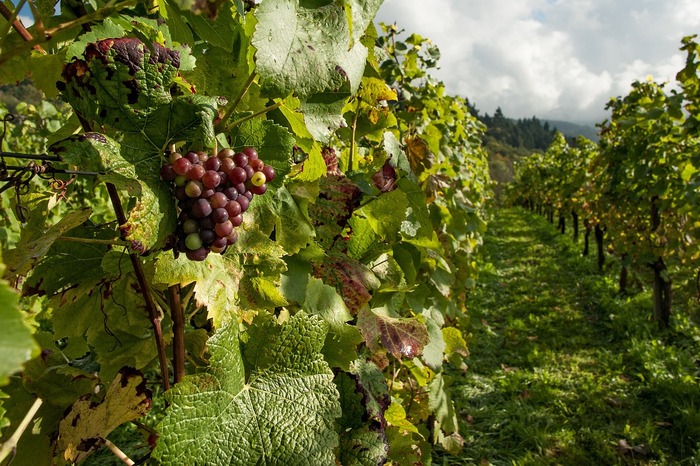The reservoirs nestled at the foot of the Taiwanese mountains are desperately low, when they are not completely dry.
Blame it on the drought which, in addition to plaguing farmers, risks exacerbating the global shortage of semiconductors.
Read also: Semiconductors: London investigates the acquisition of Arm by Nvidia
The island has on its soil some of the most efficient foundries - factories specializing in semiconductor materials - in the world. It plays a key role in a crucial sector for the development of all the economies of the world, which weighs 450 billion dollars. But what we know less is that the sector is also very greedy in water. With businesses telecommuting and distance education in schools, the pandemic has exploded demand for components for computers and other electronic devices.
Even before the drought in Taiwan, factories were struggling to fill orders.
And semiconductor manufacturing involves huge volumes of water.
“
Whether it's computer screens, televisions, smartphones, tablets, cars, there is a global shortage of chips.
We have never seen anything like this,
”observes Eric Li, spokesperson for Himax Technologies, to AFP.
No typhoons in 2020
Taiwan is one of the wettest places in the world, with an average of 2,600 millimeters of precipitation per year.
The island is normally swept during the rainy season by typhoons which help to fill the reservoirs.
However, for the first time in 56 years, no typhoon has hit Taiwan in 2020. And over the first three months of the year, rainfall is less than 40% of the average.
The government has just imposed restrictions on more than a million homes and businesses in the center of the island.
Many farmers no longer have the right to irrigate.
The three largest technopoles, which house the country's main technological groups, have been ordered to reduce their water consumption by 15%.
“
This generates anxiety in semiconductor factories when they have to fulfill increasing orders,
” observes Iris Pang, Taiwanese economy specialist at ING.
According to her, the shortage of chips is likely to last until 2022, even 2023. “
Demand will increase with the global recovery but the creation of new production units takes time.
"
The equivalent of 60 swimming pools
Communication equipment (internet box, computers, telephones) were the first to be affected by this shortage.
But the automobile industry is the most visible victim with a greatly slowed down production.
General Motors and Ford have been forced to temporarily shut down several factories or slow down.
Taiwan Semiconductor Manufacturing Company (TSMC), the world's largest semiconductor maker, said it was running at full capacity to meet demand "
from all industries
."
Semiconductor manufacturing consumes a lot of water, especially for cleaning chips.
In 2019, TSMC factories located on the three technopoles swallowed 156,000 tonnes of water per day, the equivalent of 60 Olympic swimming pools.
The group, which has trucked in water to some production units, puts the impact of the drought into perspective: “
TSMC always has contingency plans in the event of water restrictions.
As a result, there is currently no impact on production,
”according to a
press
release.
TSMC says it plans to invest in new production lines of $ 100 billion over the next three years.
Excess orders
Alan Patterson, expert at the trade magazine EE Times, thinks that it is not the lack of water that is likely to impact manufacturers at this stage but "
excess orders
". "
Given the urgency, some companies may be tempted to order more chips than they really need,
" he told AFP.
But the longer the drought lasts, the more the sector is likely to be penalized. And some in Taiwan are calling for the creation of reservoirs to store more water and anticipate a recurring risk due to global warming. The shortage of chips has had the effect of alerting people to the risks associated with the concentration of world production, mainly in Taiwan and South Korea. TSMC has announced plans for factories in Arizona to diversify the origin of its production.









